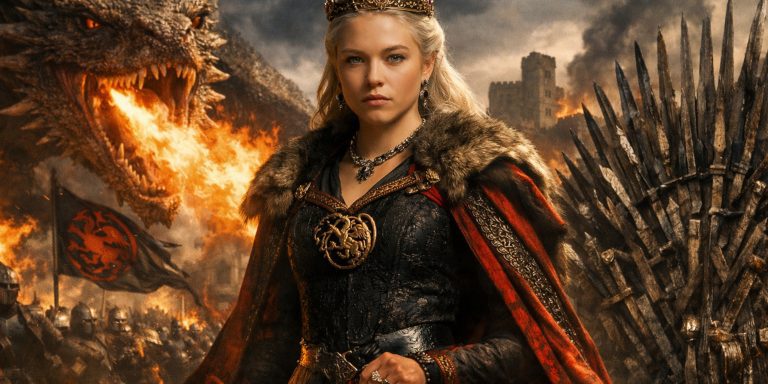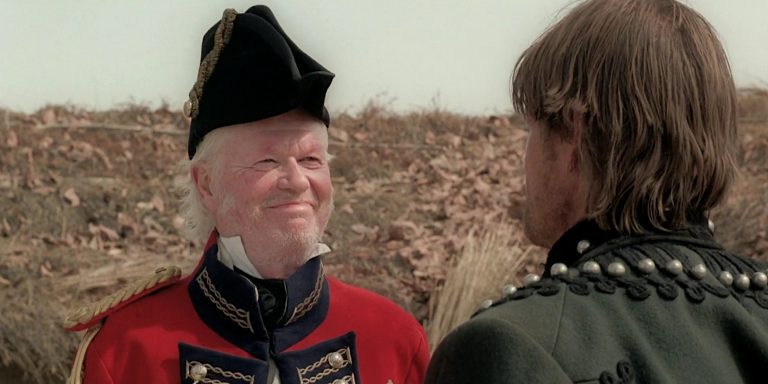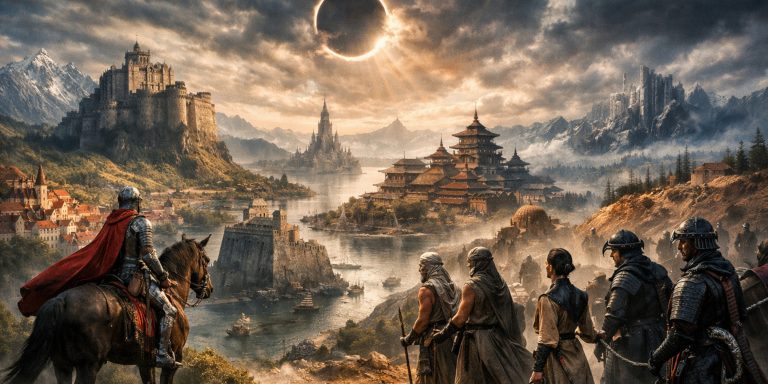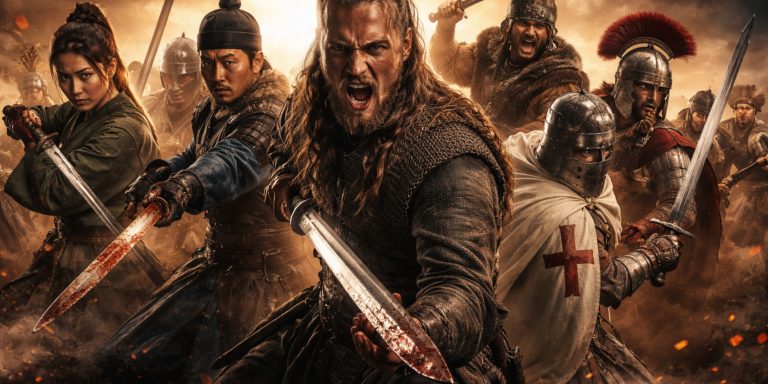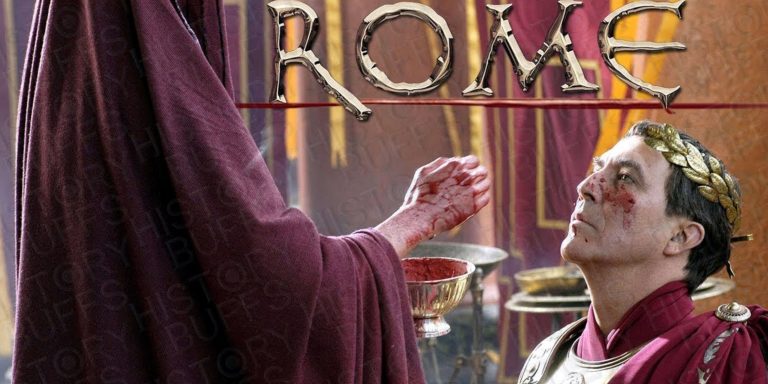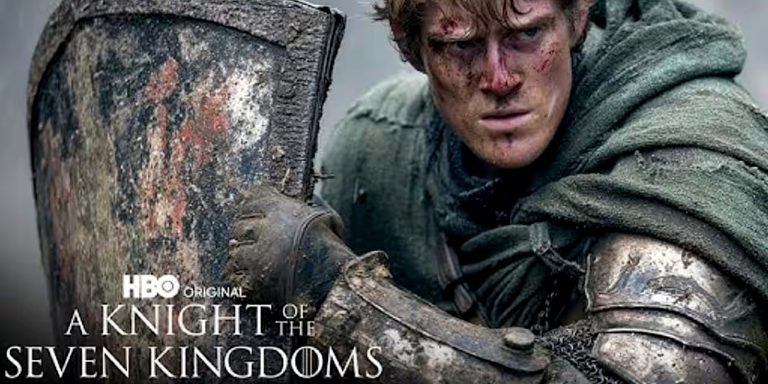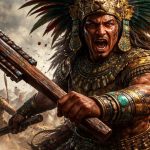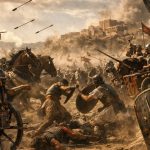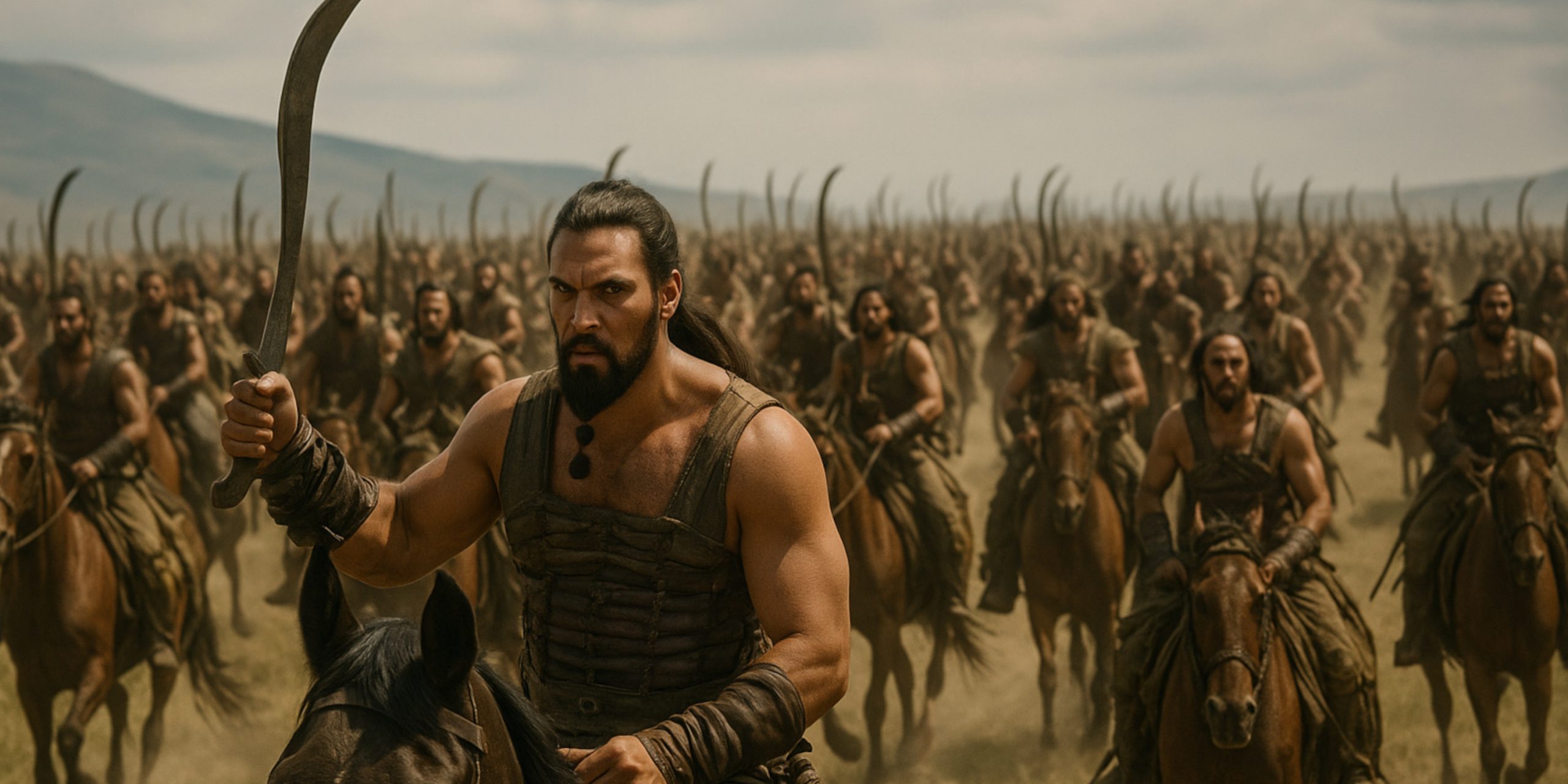
From Westeros to Essos, who truly ruled the battlefield?
Throughout Game of Thrones, the balance of power often hinged on military might. From disciplined infantry to fearsome cavalry and legendary dragons, each major faction brought its own strengths to the battlefield. But not all armies were created equal. This article breaks down the strongest military forces in the series, based on battlefield effectiveness, tactical versatility, discipline, and logistical support.
1. The Unsullied
Key Traits: Discipline, training, unflinching loyalty
Allegiance: Daenerys Targaryen
The Unsullied were elite slave soldiers trained from childhood in Meereen. Unlike other armies, they operated as a single unit, never breaking formation even under overwhelming odds. Their phalanx tactics proved effective both in sieges and open combat. Grey Worm’s leadership added further cohesion to an already formidable force.
2. Dothraki Horde
Key Traits: Shock cavalry, mobility, fearlessness
Allegiance: Initially Khal Drogo, later Daenerys Targaryen
The Dothraki were the most feared horsemen in Essos. In open terrain, few could rival their speed and brutality. Their war cries and charges struck terror into enemies long before blades met flesh. However, their lack of discipline and structured command limited their effectiveness in siege warfare or defensive holds.
3. Lannister Army
Key Traits: Wealth-backed logistics, heavily armoured infantry, political reach
Allegiance: House Lannister
Backed by the wealth of Casterly Rock, the Lannister army was one of the best equipped in Westeros. They fielded trained soldiers, armoured knights, and siege equipment. Under Tywin Lannister, their strategic coordination peaked, shown during the Sack of King’s Landing and the Battle of Blackwater. However, once Tywin died, cohesion and strategic acumen declined.
4. The Army of the Vale
Key Traits: Fresh troops, mounted knights, discipline
Allegiance: House Arryn
Though quiet for much of the War of the Five Kings, the Vale entered the conflict at a critical juncture. Their intervention at the Battle of the Bastards was decisive. The Vale’s knights were well trained, well supplied, and had not been worn down by prolonged conflict, making them one of the most intact and potent forces in Westeros by the series’ end.
5. The Night King’s Army
Key Traits: Immense numbers, no fear or fatigue, ability to raise the dead
Allegiance: The Night King
While not a traditional army, the undead horde was arguably the most terrifying force in the series. Their sheer size and ability to convert the dead into reinforcements made them a logistical nightmare for any defending force. However, they lacked tactics beyond overwhelming brute force and were entirely dependent on the Night King’s command structure.
6. The Golden Company
Key Traits: Professional mercenaries, strong cavalry, discipline
Allegiance: Cersei Lannister (final season)
Once known for never breaking a contract, the Golden Company was a respected fighting force in Essos. However, their much-hyped appearance in Westeros fell short. Lacking elephants and caught unprepared by Daenerys’ attack on King’s Landing, they were quickly decimated. In reputation, they deserved a high rank, but in execution they faltered.
7. The Northmen
Key Traits: Tenacity, loyalty to Stark leadership, resilience in harsh conditions
Allegiance: House Stark
The armies of the North were hardy and fiercely loyal, willing to die for their leaders. They lacked the polish of southern armies but made up for it in sheer determination. From Robb Stark’s campaign in the south to the defence against the Night King, Northern forces consistently held their ground under impossible conditions.
8. Daenerys’ Dragons
Key Traits: Aerial superiority, psychological warfare, devastating firepower
Allegiance: Daenerys Targaryen
While not an army in the conventional sense, the presence of dragons tipped the scales of war more than any single military unit. At the Loot Train Attack, Daenerys used Drogon and the Dothraki to annihilate the Lannister army in minutes. However, dragons were also vulnerable to scorpions and could not hold territory alone.
The Seven Swords Takeaway
The strongest armies in Game of Thrones reflected more than just numbers. Discipline, leadership, terrain advantage, and strategy often mattered more than brute force. While the Dothraki terrified with speed and savagery, and the Lannisters relied on gold and steel, it was often the clever use of limited forces, such as the Vale’s timely arrival or the Unsullied’s unshakable discipline, that turned the tide of war.
In the end, no force was invincible, and no advantage permanent. That, perhaps, was the truest lesson of Westerosi warfare.

